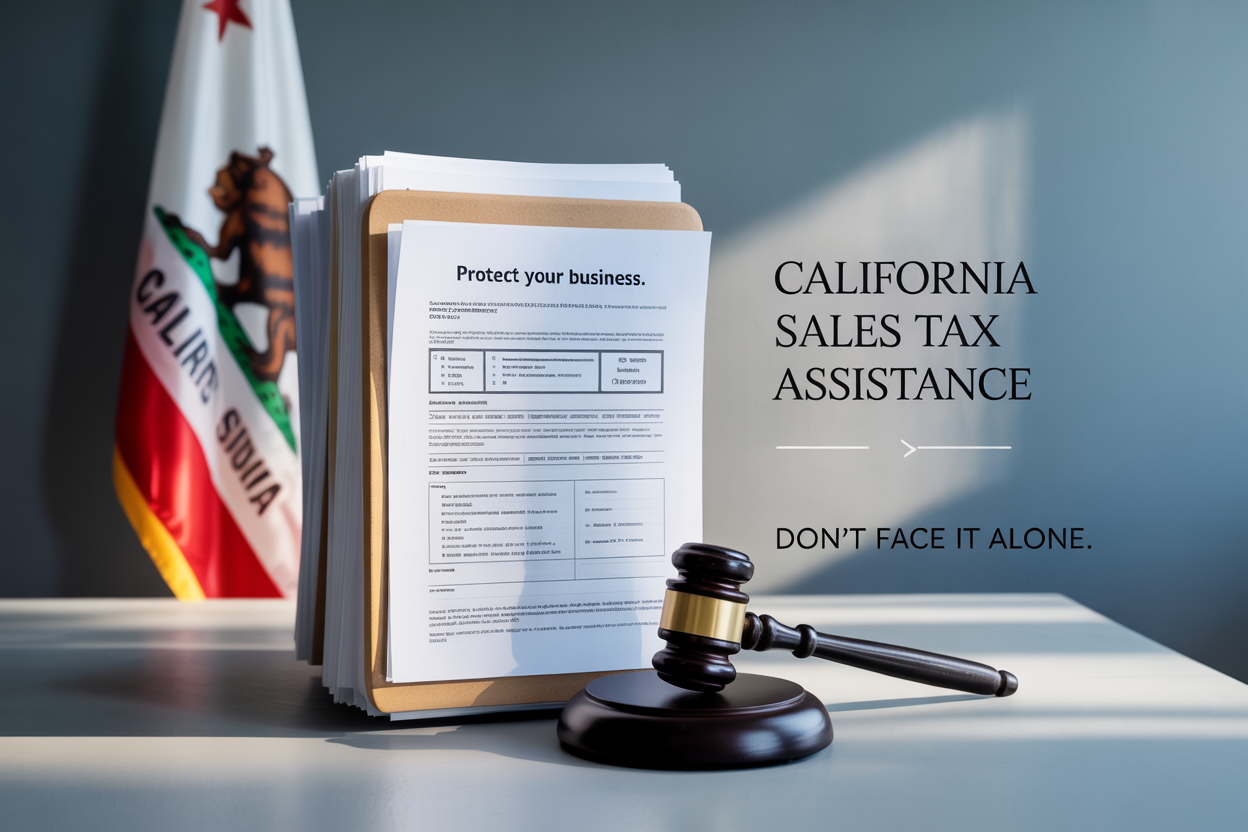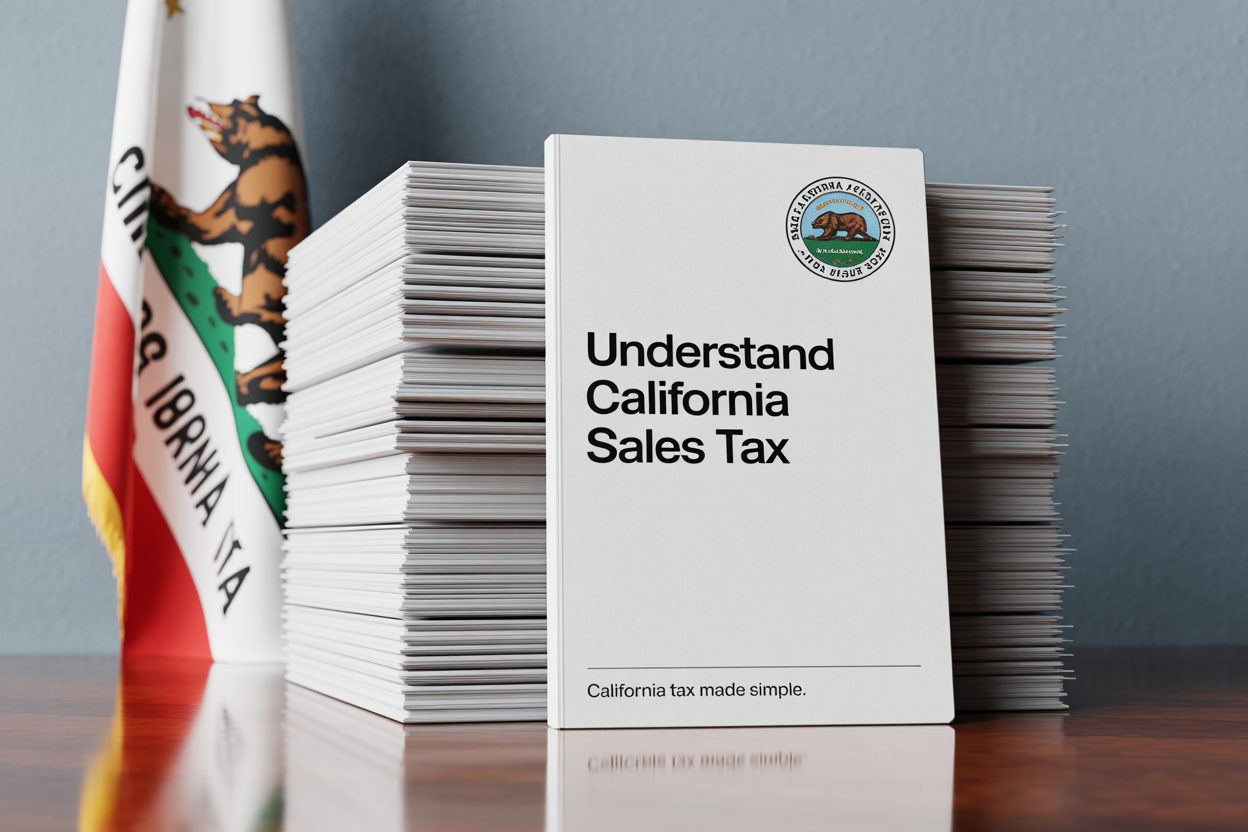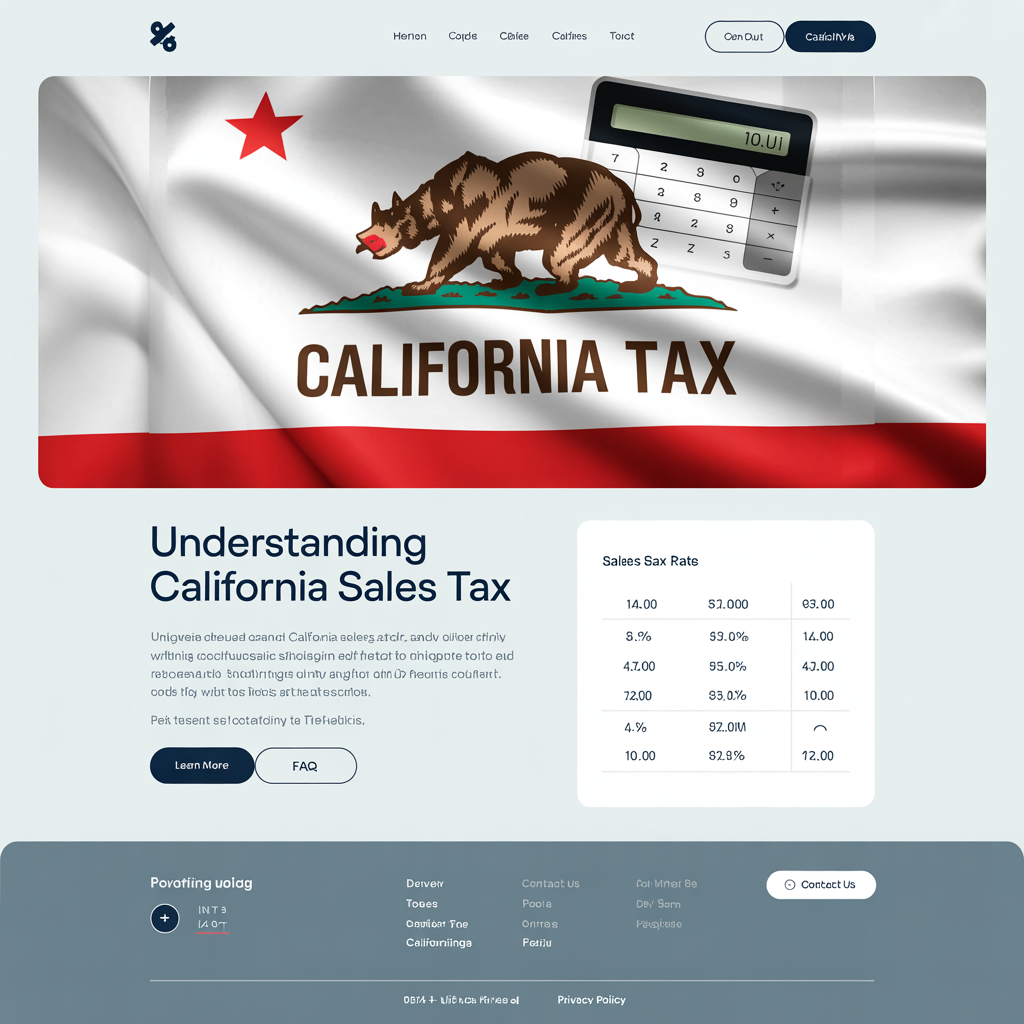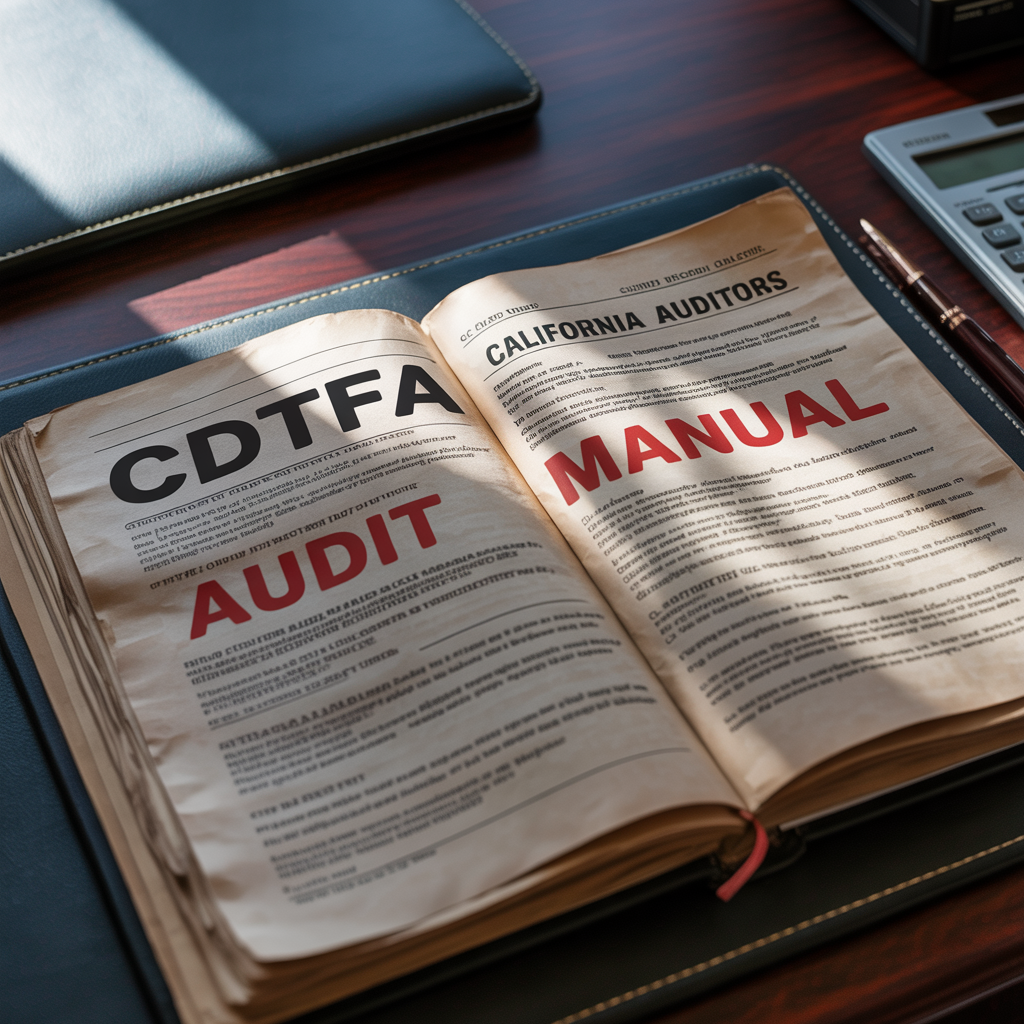What Type of Penalties Can I Face in a California Sales Tax Audit?

If you're under audit by the California Department of Tax and Fee Administration (CDTFA), the financial exposure can go far beyond just the back taxes you may owe. The CDTFA aggressively applies penalties and interest, which can inflate your total liability by tens of thousands of dollars.
This blog explains the most common CDTFA penalties, how they’re triggered, how much they cost, and what you can do to reduce or remove them with strategic CPA representation.
CDTFA Penalty Overview
During a sales tax audit, the CDTFA will assess:
- Unpaid or underpaid sales tax
- Interest on the unpaid amount
- Civil penalties
- In some cases, criminal charges
Penalties alone can exceed 25%–50% of the tax due, and they are often applied even if you made an honest mistake.
Most Common CDTFA Penalties
1. Negligence Penalty (10%)
- Applied if CDTFA believes your failure to report tax was due to
negligence or careless recordkeeping
- Often assessed in addition to other penalties
2. Late Payment Penalty (10%)
- Applied when sales tax is paid after the due date, even by one day
- Can be combined with interest
3. Late Filing Penalty (5%–25%)
- Applied for failing to file your return on time
- Increases by
5% per month, up to 25% maximum
4. Fraud Penalty (25%–40%)
- Applied if CDTFA believes you
intentionally underreported sales
- Requires proof of intent or pattern of concealment
- Extremely difficult to challenge without professional help
5. Failure to Obtain a Permit (50%)
- If you operated without a seller’s permit, CDTFA can assess a 50% penalty on the tax owed
6. Collection Cost Recovery Fee
- Applied when your case is referred to CDTFA collections
- Often a flat fee added to the balance
7. Returned Payment Penalty ($25 or 10%)
- If your payment bounces, you can be hit with a flat penalty or a percentage-based fee
8. Successor Liability Penalty
- If you bought a business with unresolved CDTFA debt, you may become liable — with penalties added
9. Recordkeeping Penalty
- Applied when your books are missing, incomplete, or misleading
- CDTFA may estimate your tax due based on industry standards
10. Unreported Use Tax Penalty
Many businesses are shocked to find penalties for failing to report use tax on out-of-state purchases
How Penalties Add Up
Here’s a real-world example:
| Audit Item | Amount |
|---|---|
| Underreported Sales Tax | $22,000 |
| Negligence Penalty (10%) | $2,200 |
| Late Filing Penalty (25%) | $5,500 |
| Interest (3 years @ 7%) | $4,620 |
| Total Liability | $34,320 |
Can Penalties Be Removed?
Yes — but you must request penalty abatement using one of the CDTFA’s approved reasons:
- Reasonable cause
- Good faith misunderstanding
- First-time error
- Reliance on CDTFA guidance or a tax professional
At Boulanger CPA, we write customized Penalty Abatement Requests that show:
- You acted in good faith
- You relied on professional advice
- You have corrected the issue
- The penalty is excessive or inequitable
Many penalties can be removed or reduced if challenged properly and early.
How We Defend Businesses in CDTFA Audits
As a local Orange County CPA firm, we help California businesses:
- Respond to audit notices
- Challenge audit findings
- Dispute improper penalties
- Negotiate reduced balances
- Avoid enforcement actions (levies, liens, permit suspension)
Don't try to argue with the CDTFA on your own. We handle the pressure and build your defense.
Related Posts
- How to Get Audit Penalties Abated with the CDTFA
- What Happens When You Fail a Sales Tax Audit (CDTFA)
- CDTFA Sales Tax Audit Process: Step-by-Step
- The CDTFA Audit Manual: What California Auditors Use Against You
Frequently Asked Questions
What penalties can the CDTFA assess during an audit?
Common CDTFA penalties include late payment, late filing, negligence, fraud, and failure to obtain a permit — totaling up to 50% or more of the tax owed.
Can CDTFA penalties be removed?
Yes. You may qualify for penalty abatement if you acted in good faith or made a first-time error.
What’s the difference between fraud and negligence penalties?
Negligence involves carelessness; fraud implies intent to deceive. Fraud carries much harsher penalties and is harder to dispute.
How do I request a penalty abatement?
You or your CPA must submit a written request to CDTFA outlining reasonable cause and supporting evidence.
📣 About the Author
Marc Boulanger, CPA is the founder of Boulanger CPA and Consulting PC, a boutique tax resolution firm based in Orange County, California and trusted by high-income individuals and business owners across Southern California.
He is the author of Defend What’s Yours: A California Taxpayer’s Guide to Beating the IRS and FTB at Their Own Game, available now on Amazon. The book offers a step-by-step plan for resolving IRS and FTB tax debt without losing your business, your home, or your peace of mind.
With over a decade of experience resolving high-stakes IRS and State tax matters, Marc brings strategic insight to complex cases involving wage garnishments, bank levies, unfiled returns, and six-figure tax debts. He is known for helping clients reduce or eliminate tax liabilities through expertly negotiated settlements and compliance plans.
Marc is a Certified Public Accountant licensed in California and Oklahoma and holds the designation of Certified Tax Representation Consultant. He is a member of the American Society of Tax Problem Solvers (ASTPS) — the national organization founded by the educators and practitioners who have trained thousands of CPAs, EAs, and tax attorneys in IRS representation strategy.
Every case is handled with discretion, proven methodology, and direct CPA-led representation — not call center scripts.
📍 Learn more at www.orangecounty.cpa or call (657) 218-5700.










